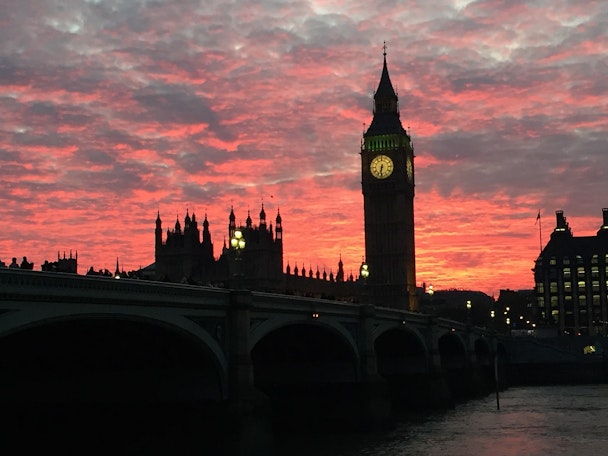Echo chamber or political melting pot? Social media’s influence on politics and democracy
Up until now the focus of Social Media Week London has, quite rightly, been on the positive developments in the digital and social space, and on the ways in which the algorithms and invisible forces that underpin the internet have refined and improved our online experiences.

Therefore it was refreshing to hear a bit more from the cold side of the pillow at Thursday morning’s session “Social Media Penetration: Implications for Civil Society”, chaired by Edelman’s UK chief executive Ed Williams, which looked at the growing implications that social media has for politics and democracy.
At a time when important political events are taking place across the world – from the recent EU referendum, upheaval in places like Turkey and the upcoming US election – the role of social media as a source of news and battleground for debate made this session particularly timely.
Williams opened the session by saying that there is an undeniable sense in which, for all the good that it does in giving us a platform to engage in free and open debate, social media also has the effect of limiting our world view and entrenching bias. By relying on algorithms to show us more of what we know we ‘like’, rather than anything that might challenge our opinion, platforms like Facebook have created a social media ‘echo chamber’. However cliched a term it might now have become, the echo chamber is real and it breeds a false sense of complacency – just ask anyone on Twitter who supported Labour at the last general election.
But is social media any different from any other part of our ‘IRL’ existence? Not necessarily, argued panel member Emran Mian, director of the Social Market. He added that as humans, it has always been our nature to gravitate towards people with similar views, and, if anything, social media is more serendipitous than our own lives, increasing the ease with which we can discover conflicting views.
What’s more, social media can also be seen to broaden political debate by giving a platform to a wider range of views. Mian’s organisation conducted a study to identify the different political 'tribes' in the UK by analysing conversation on Twitter. Far from finding a straightforward divide between Labourites and Tories, the study identified no less than eight different tribes. In other words, by making political conversations open and public, platforms like Twitter have given a voice to a much broader spectrum of political voices which, Mian argued, has the potential to call into question the validity of our (largely two-party) political system.
Finally, Twitter’s head of UK public policy, Nick Pickles, reflected that social media can have a positive impact on the way that politicians communicate with voters. In the real-time world of social, it’s no longer enough for politicians to hide behind prepared statements – they have to be ready to engage with the public and explain themselves. Obviously some politicians are better at this than others (looking at you, Ed Balls) but, nonetheless, giving politicians the forum to demystify their politics for the public can only be a good thing.

It was clear from the session that there is no easy answer to whether the impact of social media on politics and democracy is a positive or negative one. What was clear though, is that, whatever we do, it’s important that we’re aware of the forces that work to filter online political debate on our behalf, so that we might look beyond our newsfeeds. Even though we might still be listening to echoes, at the least the voices will be more varied.
Ollie Williams is a social creative at Socialyse
